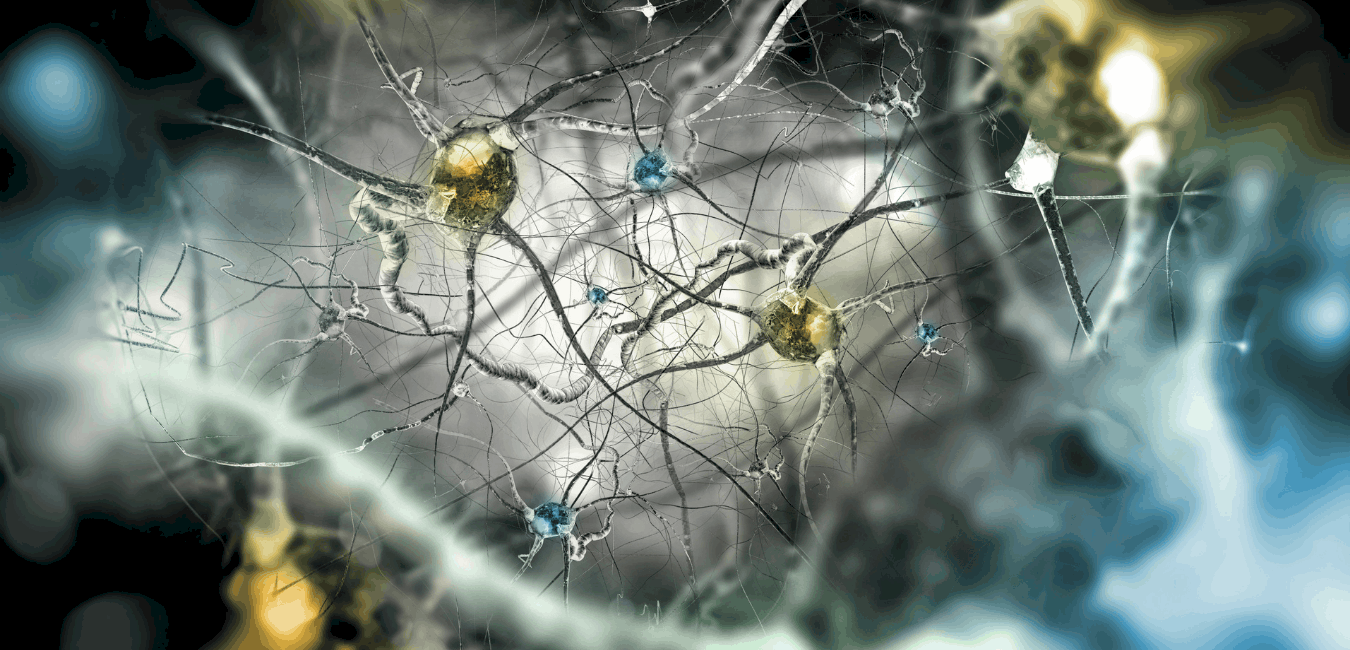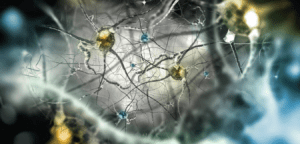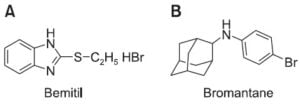

Bemethyl, also known as Bemitil, is a synthetic actoprotector that is also antioxidant, antimutagenic, and antihypoxic (rescuing conditions of hypoxia).
Bemethyl is a pharmaceutical drug developed and marketed in Ukraine as a dietary supplement to improve performance (especially improve athletic performance.)
It's commonly used by Ukrainian national sports teams (and the former USSR national team) to prepare for international competitions.
How does Bemethyl work in the brain and body?
Bemitil's chemical structure is comparable to that of nucleobases adenine and guanine, which may explain its pharmacological effects.
Initial tests show that Bemitil promotes the expression of RNA and proteins in the skeletal muscle, brain cells, liver, and kidneys.
It promotes the formation of ATP and gluconeogenesis.
Gluconeogenesis is the conversion of non-carbohydrate substrates, such as lactate, fats, and glucogenic amino acids, to glucose for energy during exercise.
What are the benefits?
Bemethyl stimulates the nervous system. The drug has nootropic effects, which means it's able to increase mental capacity and aid in memory retention.
It also increases physical performance by reducing fatigue during exercise periods of high intensity without compromising recovery time after training sessions.
Bemethyl also has a beneficial impact on metabolism, allowing the body to adapt to situations that produce chronic hypoxia.
The resulting effect is long-lasting and may be observed even after the end of treatment.
Bemethyl has been demonstrated to preserve both physical and mental efficiency in high-altitude, low-oxygen settings, especially because it helps manage excessive serum cholesterol and bilirubin levels that are known to have negative effects, particularly during acclimatization.
The chemical structure of Bemitil is similar to that of nucleobases adenine and guanine, which can explain its pharmacological effects.
Bemitil does increase the expression of RNA and proteins in the skeletal muscle, brain cells, liver, and kidneys.
Physical Performance Benefits of Bemethyl (Oral Administration):
- Oral administration of Bemethyl has adaptogenic effects. Adaptogenic properties grant an organism the capacity to adapt more quickly to stressors, whether mental or physical.
- An adaptogenic drug that reduces the lactate (the limiting performance factor)
- Showing promising results in chronic kidney disease
- Bemethyl passes through the blood-brain barrier (prevents oxygen deficiency which is especially important in ischemic heart disease)
- Accelerates recovery processes and boost the immune system
- Boosts energy leading to improved athletic performance (high energy production which is important under extreme physical conditions/extreme factors).
What are the side effects?
The most commonly reported side effects of Bemethyl are headaches, dizziness, and sleep problems.
Some patients also experienced reduced appetite with weight loss or increased libido.
The pharmacology of actoprotectors like Bemethyl
Actoprotectors are supplements that improve physiological stability against physical forces without increasing oxygen consumption or heat production.
In other words, actoprotectors are synthetic adaptogens with a large capacity to enhance physical performance.
Professor Vladimir Vinogradov at the Military Medical Academy conducted research into a new class of pharmacologically active compounds, known as actoprotectors, for improvements in physical and mental performance in humans.
The first and most popular actoprotector, bemitil (chemical structure: 2-ethylbenzimidazole hydrobromide), was discovered as a result of this research.

The chemical structures of the most popular actoprotectors,(A) bemitil (2-ethylthiobenzimidazole hydrobromide), (B) bromantane (N-(2-adamantil)-N-(para-bromophenyl)-amine).
Soviet cosmonauts were the first to receive Bemethyl. Bemitil was also successfully used in preparing the Soviet Union's national team for the 1980 Olympic Games, which took place in Moscow. Later, it was utilized as a basic medical therapy by virtually all of the Soviet and then Russian armed forces' corps throughout the 1990s.
Notably, it allowed the Army to better train its troops for lengthy treks; in the Air Forces, Missile Troops, and Army Air Defense it enhanced work capacity and stability under hypoxia; and in the Navy, it improved stability under hypoxia and where necessary high temperatures.
Bemitil was able to help Special Operations Forces, including Navy SEALs and Rangers, complete combat operations in both hypoxic and high-temperature conditions.
Bemitil's ability to improve physical and mental capabilities was also demonstrated in its improvement of rescue workers' physical and mental abilities during the Chernobyl disaster.
Actoprotectors are substances that protect organs from ischemia by enhancing protein synthesis and improving working capacity.
They differ from antihypoxants, however, in that they primarily (directly) stimulate protein synthesis and enhance working capacity.
Furthermore, owing to their antihypoxic properties, they have an anti-hypoxia effect that can be enhanced as a result of reduced mitochondrion capacity.
The difference between actoprotectors and psychostimulants
The major distinction between actoprotectors and psychostimulants (e.g., caffeine, synephrine, phenamine, methylphenidate, modafinil, adrafinil) is that non-exhaustive actions are involved with actoprotectors.
There is no increase in oxygen consumption or heat production with actoprotectors.
The distinctions between actoprotectors and adaptogens are not straightforward. Their features appear to have a lot of overlap, with even similar names.
It was suggested that separating actoprotectors as a distinct category of the pharmaceutical drugs was not required theoretically, suggesting that the class was created out of the demands of military medicine.
Actoprotector agents may be referred to as synthetic adaptogens, and their strong actoprotective activity might be considered a component of their adaptogenic action.
Characteristics of actoprotector like Bemethyl
These medicines have little pharmacological activity, which explains why the mechanism of their action is difficult to correlate with their impact on particular types of pharmacological receptors.
Actoprotectors' most significant impact is on people with low or medium resistance to severe climates, who are virtually non-existent in those with high resistance.
The most efficient resistance-increasing drugs are those that decrease entropy by moving “fastest” reactivity parameters such as oxygen consumption, body temperature, and heart rate to a lower functional level.
Actoprotectors have the potential to heal naturally and strengthen connective tissues. Their main efficacy is not linked to extreme conditions (physical strain, tension, hypoxia, ischemia, hyperemia, gravitational overload), suggesting that their impact on basic resistance mechanisms.
Actoprotectors (for example Bemethyl) may affect the adverse effects of several harmful chemotherapies and somatic disease medicines.
How Bemethyl acts as an actoprotector
Bemethyl, the most prominent member of the benzimidazole class of chemicals, is the standard actoprotector.
As are most of the imidazole derivatives, this one is rapidly absorbed in the alimentary tube, where absorption is enhanced by carb-rich meals.
Bemethyl then passes through the blood-brain barrier.
In research on healthy volunteers, a polymodal feature of the pharmacokinetic distribution has been discovered.
They are eliminated by urine after the biotransformation of the agent and its metabolites in the liver.
In terms of course management, Bemethyl's impact peaks in the first 3-5 days and is maintained at that intensity for the remainder of the treatment.
Single and spaced doses of Bemethyl increased physical work capacity and sped up recovery after exhaustion under heavy loads in experimental research, according to laboratory findings.
source https://nootropicology.com/bemethyl-hbr/

No comments:
Post a Comment